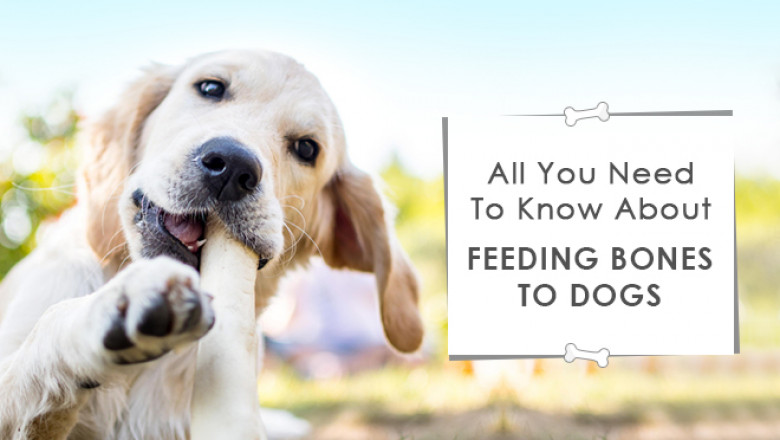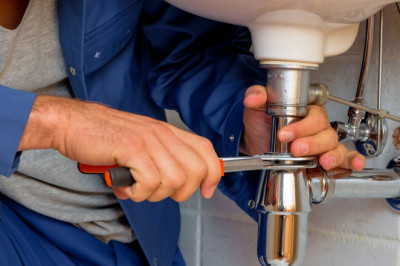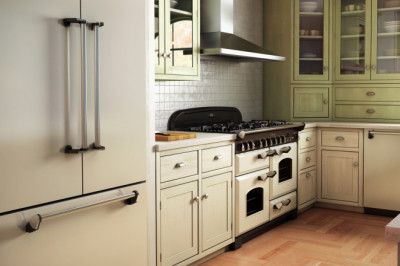views

Being knowledgeable about canine nutrition is an important component of being a dog parent. It is important that you check what you feed your dog in the same way that you would watch what you eat. An improper and imbalanced diet can lead to a variety of health issues. It’s a good idea to include a range of raw meaty bones in every dog’s diet – they help to maintain teeth and gums healthy and also provide a method to express appropriate chewing behaviour. However, not all bones are suitable for canines. Which ones are they? Why are they unhealthy? Let’s find out.
Quick Tips About Bones!
The bones must be raw.
Never feed cooked bones because they might shatter and cause internal harm or intestinal obstruction – all of which can result in a life-threatening situation.
Only human-grade raw meaty bones are beneficial.
Consult your veterinarian for guidance.
Make sure the raw bone is big enough that the dog can’t swallow it whole or fit the entire bone in its mouth.
Is it better to feed cooked or raw bone?
Feed your dog uncooked bones at all times. Raw meaty bones serve to maintain your dog’s teeth and gums healthy, provide additional nutrients, and aid in the cleansing of its digestive tract. Cooked bones should never be fed to your dog since they might shatter and cause internal harm.
Dog Bone Dangers
Some dogs will chew bones their entire lives and never have a problem. Others will have a medical emergency with only one bone. It is partly determined by the dog’s chewing style. The size, form, and kind of bone are also important considerations. Unfortunately, a lot is dependent on luck.
There are a number of risks related with bones and dogs. These issues can arise in dogs after they consume bones.
Fractured teeth: Bones are tough enough to break your dog’s teeth, prompting root canals or tooth extractions.
Oral injuries: Rough edges of bones can cause oral injuries by cutting your dog’s gums, tongue, and other oral mucous membranes. This is not only painful for your dog, but it may also be quite messy. Bones can sometimes become lodged in the mouth, particularly between the lower jaw’s molars.
Respiratory intrusion: The bone may slide down the throat and become trapped, obstructing the airway and causing your dog to choke.
Gastrointestinal tract difficulties: Bones travelling through the digestive tract can cause considerable injury. A bone fragment might become trapped in the throat, stomach, or intestines. Most of the time, emergency surgery is required to remove the bone. Vomiting, diarrhoea, or constipation are all possibilities. This can also result in a potentially fatal situation.
Can Dogs Eat Any Kind of Bone?
Dogs absolutely love bones, but that doesn’t mean they should be allowed to eat them all the time. The risks linked with giving bones to dogs apply to all types of animals’ bones, whether raw or cooked. Cooked bones, particularly those from fowl, provide the most risk due to their proclivity to splinter.
Consult your veterinarian about raw turkey necks if you want to give your dog raw meaty bones. Although not all vets and animal nutrition experts agree that they are safe, they are mostly made of cartilage and soft bones. As a result, when uncooked, they may be classified digestible.
Recommended Bone Alternatives for Dog:
WHIMZEES RICE BONE M-L VALUE BAG
Whimzees Rice Bone is a chewable vegetarian, gluten-free dental treat for dog. It is made entirely of natural components and has a traditional bone form that will entice your dog.
YOURS DROOLLY MILK VEGETABLE KNOT BONE WITH CHICKEN
Milky Knot Bones is the ideal treat to offer dogs. It is made with a vegetable-based, soft and chewy milky bone infused with a buttermilk flavour and scent sealed with a delicately wrapped actual chicken flesh strip.
Even if you have formerly fed bones to your dog without incident, this does not guarantee that everything will be good the next time you feed a bone. So always remember before giving your dog any form of bone or chew, make sure you understand the risks and for more advice or information consult a vet or dog nutrition expert.












